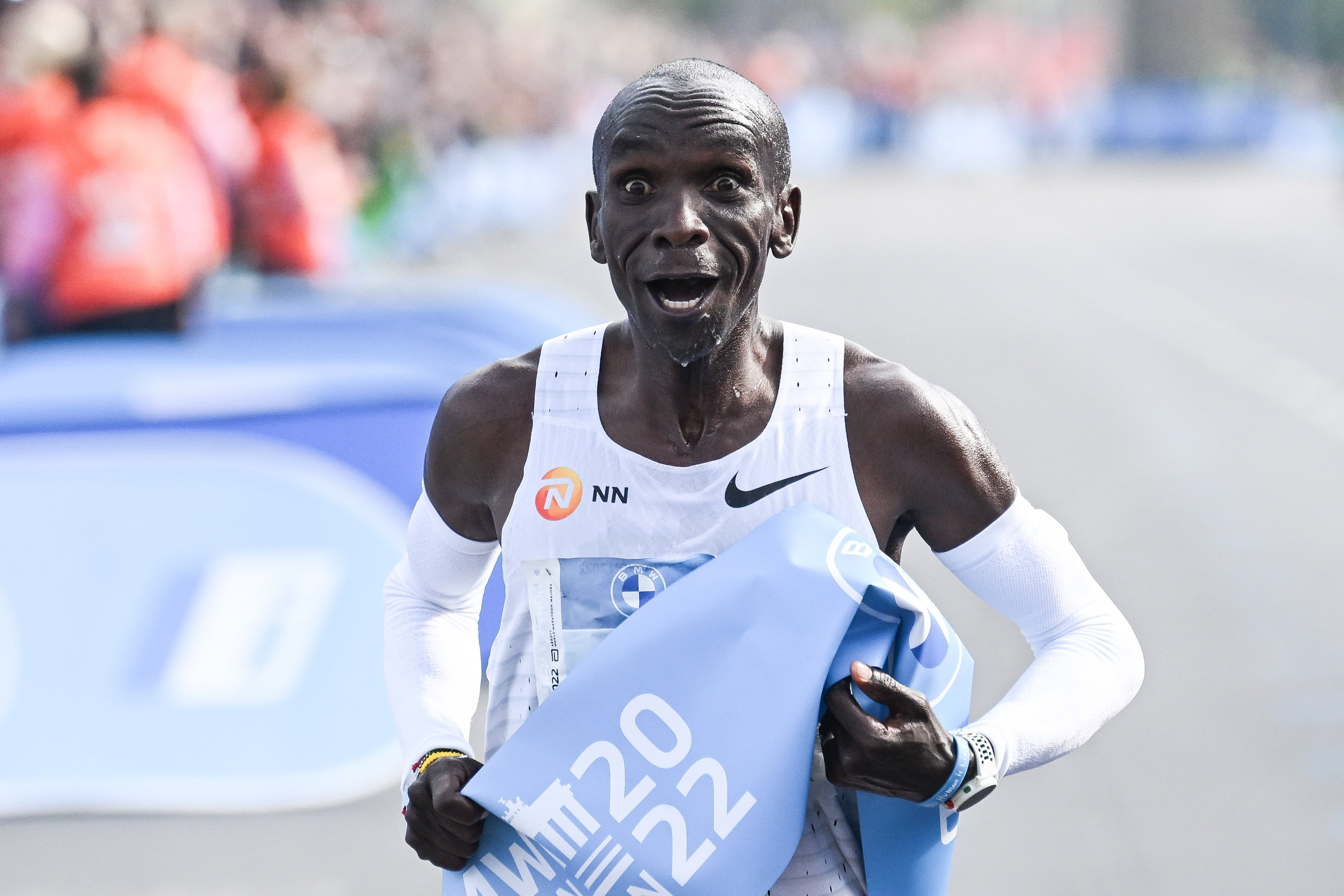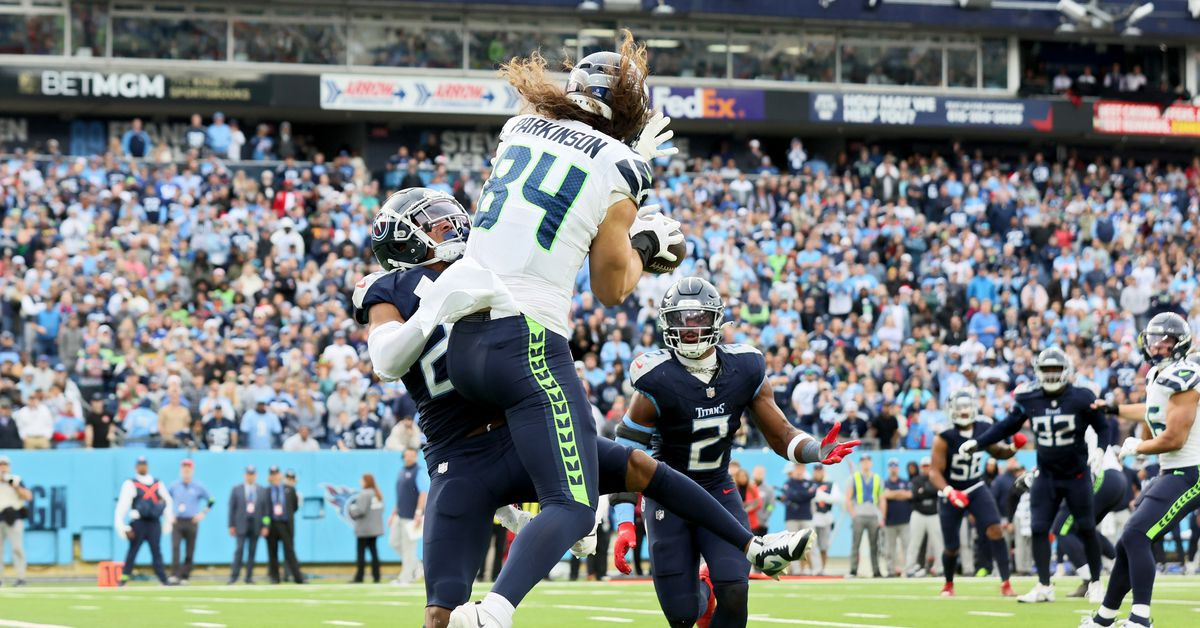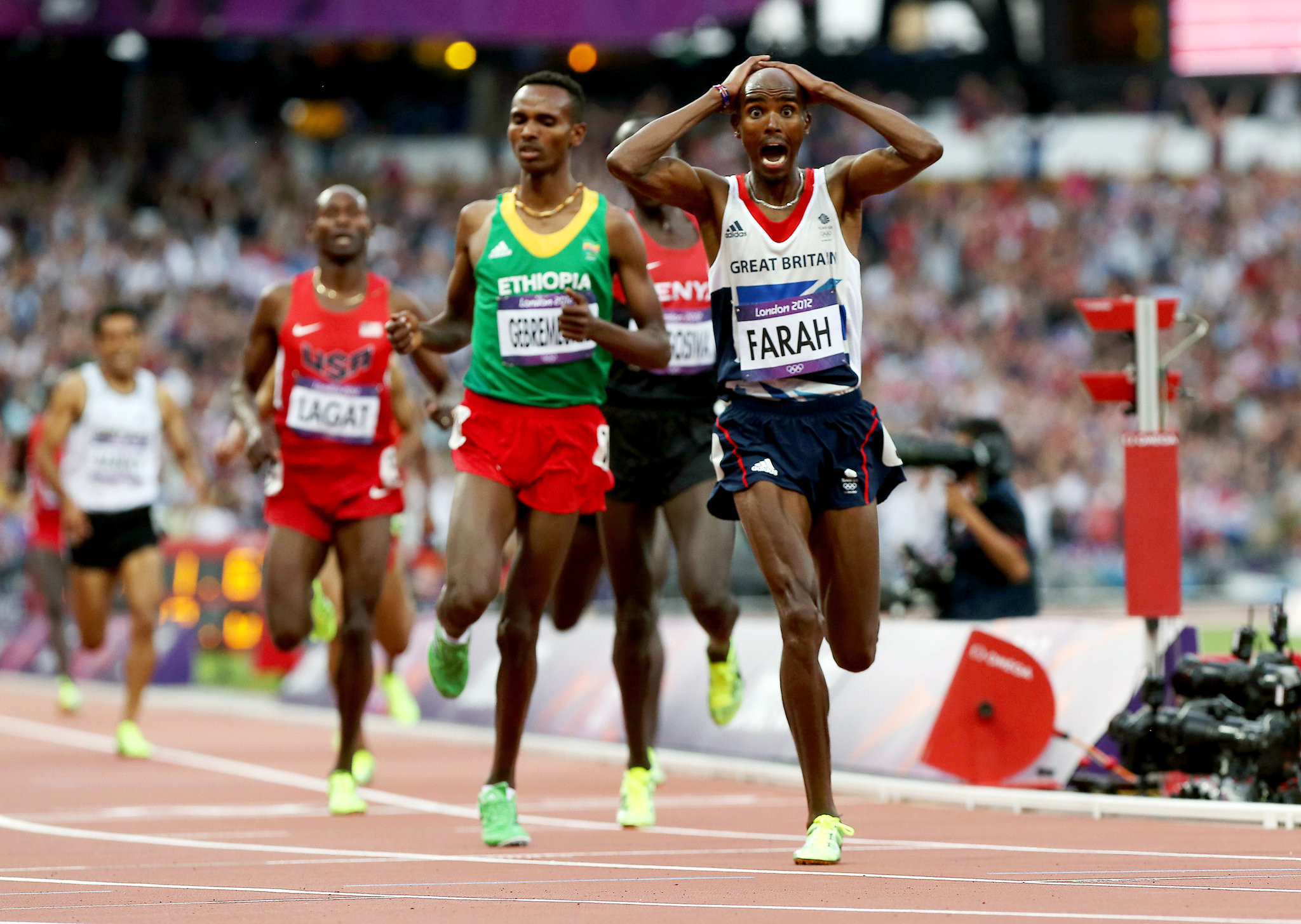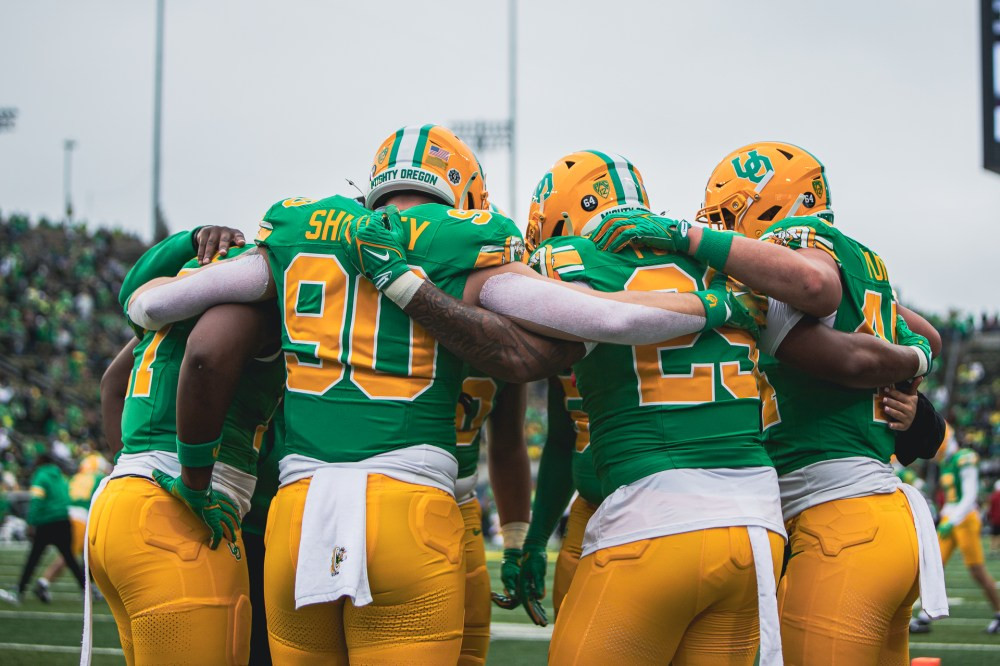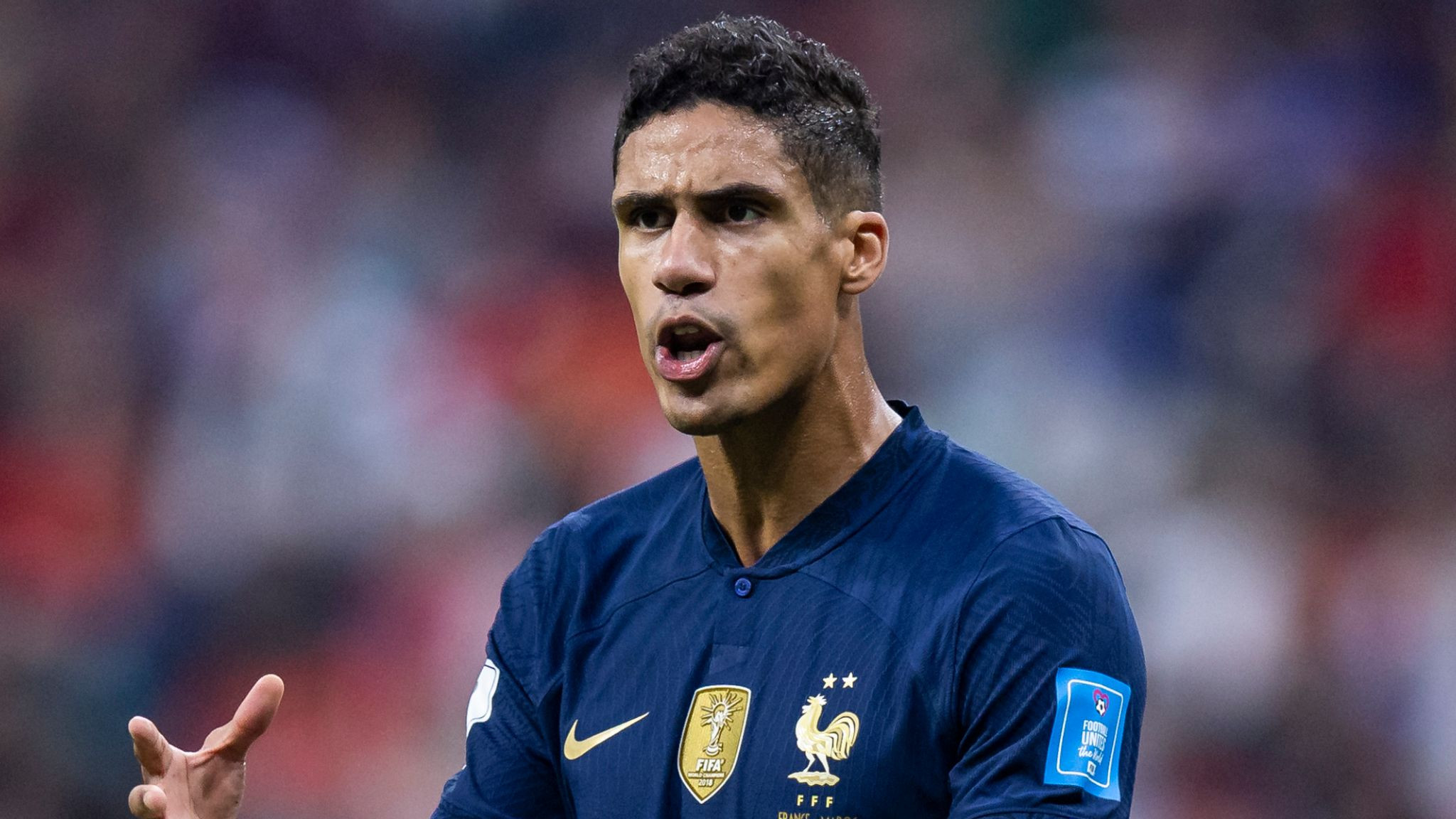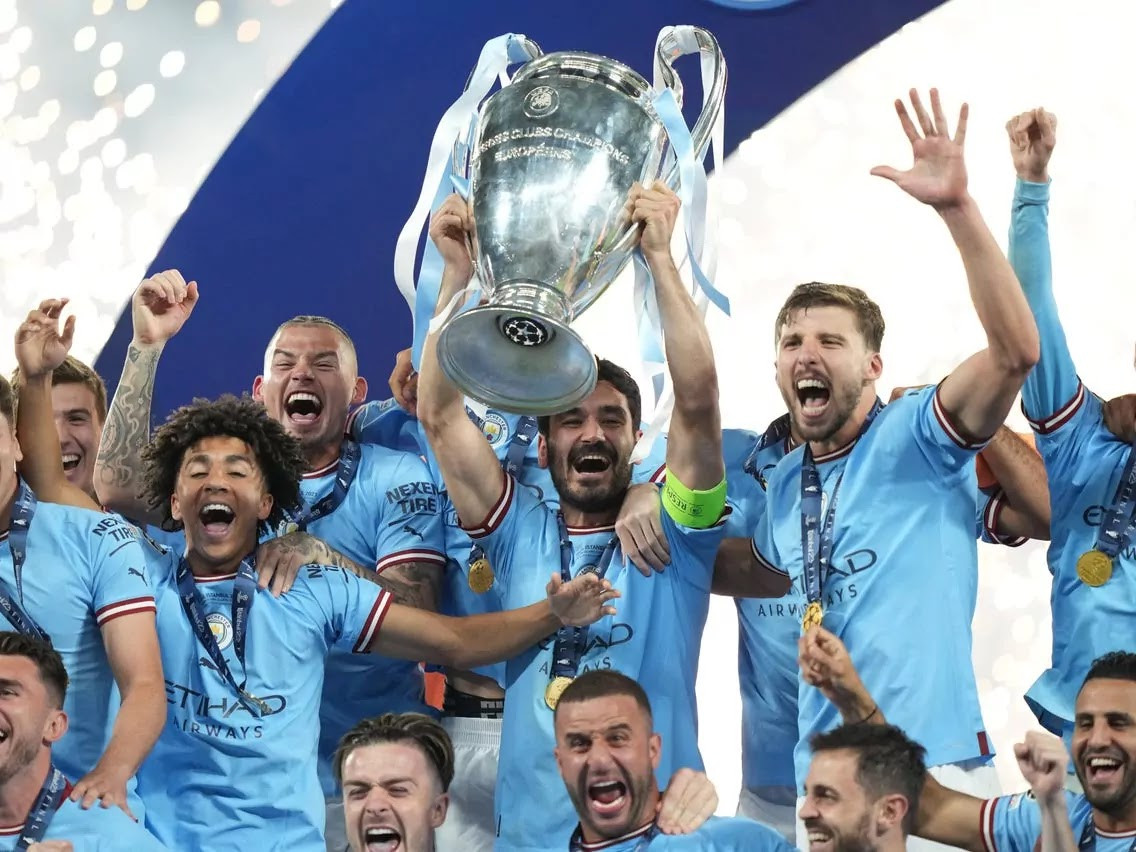It is the curse every athlete faces, that one day the question will be asked of their body and the body simply will not respond. No matter how immortal their feats make them, the cruel passage of time ensures that only the ink their feats are written in will stand the test of time.
Eliud Kipchoge is the greatest exponent of the marathon in history. An 11-time marathon major winner from just 15 attempts, back-to-back Olympic champion — one of just three in history — Kipchoge boasts a CV that will be tough to be bettered by anyone.
But, as he explained in an interview with Olympics.com before the race, it is tough at the top. "It's really tough, because a lot of expectations are there with performance, with life's expectations," he said.
It's not only tough at the top, but tough on that precipitous fall from the summit. And nowhere is it more clear than on the honest roads of a marathon that the descent has begun.
From early on in one of the toughest Olympic marathons in history, Kipchoge looked like he was struggling. The Paris Olympic marathon is not only the conclusion of the athletics events at the Games, but the end result of decades of struggle for female athletes for recognition. On the first major incline, the veteran 39-year-old started to lose contact with the leaders. One of the smoothest marathon runners in history, a man who has never struggled with injuries, was worrying at his left hip. His quest for further feats to grant him his sporting immortality, was over.
There had been signs. The Kenyan great, impossible to beat over 42 kilometres for long periods of his career, has suffered two defeats in his past three marathons, including at the hilly Boston in 2023. "The road has been a bit bumpy," Kipchoge told Olympics.com, referring to his 10th-place finish in Tokyo. "But we need to keep strong. I am learning how to handle the setbacks. A huge setback comes with huge repercussions. Want more? Here's the full list of all our Olympics stories "Defeat is important for me in that I will learn more. I will learn how to handle the negative part."
Having projected that there were bumps in the road and, faced with an Olympic marathon course that is as hilly as they come, he simply could not cope. Kipchoge — a four-time Olympic medallist who won his first medal, a bronze, in Athens in the 5,000m — said his "life started" when he won his first world championship title, also in the 5,000m, at the Stade de France in 2003. But he also acknowledged that his live was one of pain. "Pain is everywhere, but we say we win marathons in preparations, so the more you get a lot of pain, but you hit your targets in a good way," he said.
This was not his target. Walking off the course soon after the 30km mark is a sad way for a legend to bow out. "Today was a tough day at the office," he said. "It's like boxing. You can go to a training camp for five months and be knocked out in two seconds. But life will continue. This is my worst marathon. I have never done a DNF [did not finish]. That's life. Like a boxer, I have been knocked down, I have won, I have come second, eighth, 10th, fifth — now I did not finish. That's life."
The race ahead of him, though, was stunning. After the pack were grouped together through 10 kilometres, Italy's Eyob Faniel decided pack running was not for him, launching a huge attack to push into a 23-second lead through 15 kilometres. The 31-year-old, born in Asmara, Eritrea, came third in the 2021 New York marathon so appeared well-suited to this course. But, once the road went up, the cream rose to the top. Ethiopia's Tamirat Tola flew off the front and caught Faniel at the crest of the first climb at around the halfway mark. The pack all came together again before another viciously steep incline of the like rarely seen in a marathon at this level saw Tola push on again, leaning into the slope and pushing the pace as they passed through 30 kilometres. Kipchoge, at that stage in 71st, was eight minutes, 26 seconds back. ABC Sport Daily is your daily sports conversation. We dive into the biggest story of the day and get you up to speed with everything else that's making headlines. Chased by Britain's Emile Cairess, third at this year's London Marathon, and Seville Marathon winner Deresa Geleta, Tola launched what he hoped would be a race-winning move. The uphill was tough, but the downhill was just as brutal. Tanzania's Alphonce Felix Simbu joined Geleta on the chase. They were soon joined by Belgium's Bashir Abdi and Kenya's Benson Kipruto. Somalia-born Abdi in particular looked strong, pushing ahead to distance Kipruto and claim the silver medal. But there was no stopping Tola, who cruised to victory in front of a packed and expectant crowd on Les Invalides, matching the incredible scenes across the streets of Paris to win in two hours, six minutes and 26 seconds for a new Olympic record on one of the most challenging courses the Games have seen. Pat Tiernan finished four minutes and eight seconds back in 24th (2:10:34), a tremendous and hugely credible run for the first Aussie home, leading late inclusion Andy Buchanan (45th, 2:12:58) and Liam Adams (49th, 2:13:33). There was no fairytale ending for Kipchoge, who was not drawn on his future. "I want to try to evolve — if I don't evolve, then I do other things," he said. "I don't know what my future will hold. I will think about it over the next three months. I still want to try to run some marathons." Regardless what happens with Kipchoge, a new hero had carved his own name into the pantheon of legends to have won this race. We acknowledge Aboriginal and Torres Strait Islander peoples as the First Australians and Traditional Custodians of the lands where we live, learn, and work. This service may include material from Agence France-Presse (AFP), APTN, Reuters, AAP, CNN and the BBC World Service which is copyright and cannot be reproduced. AEST = Australian Eastern Standard Time which is 10 hours ahead of GMT (Greenwich Mean Time)




